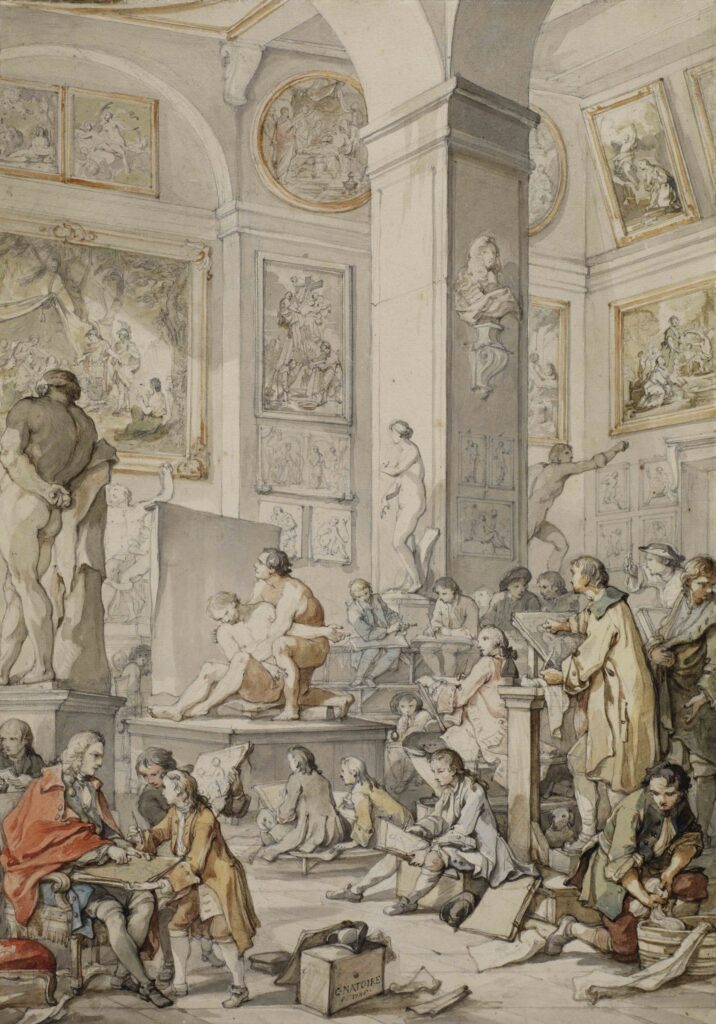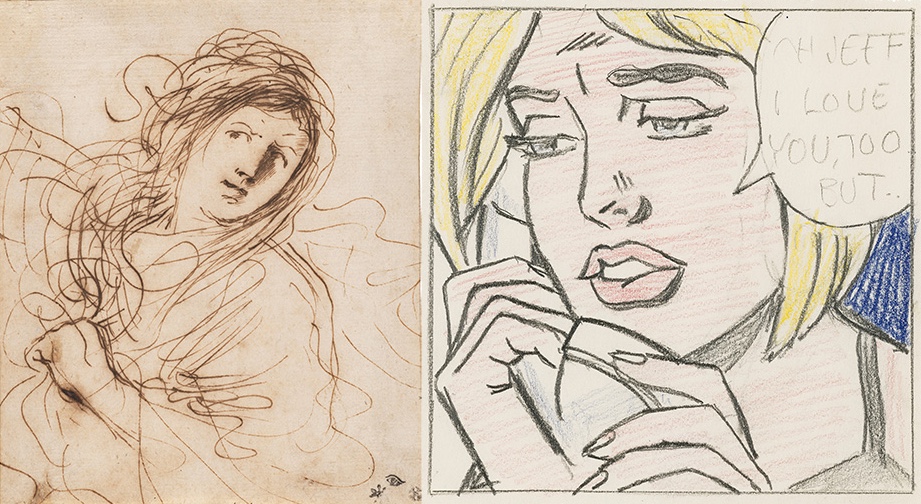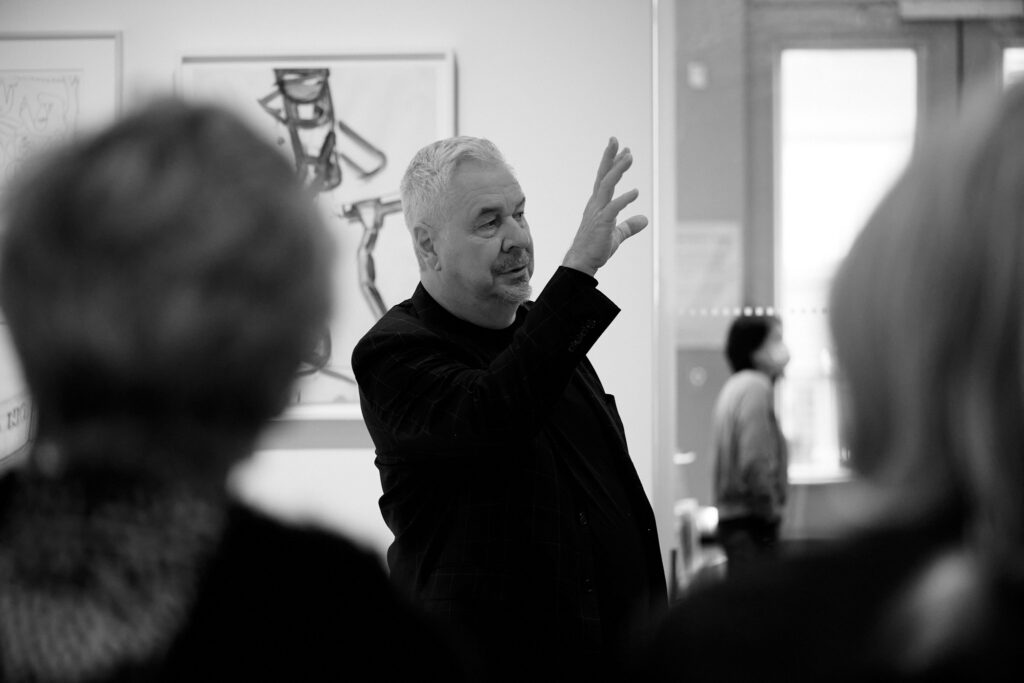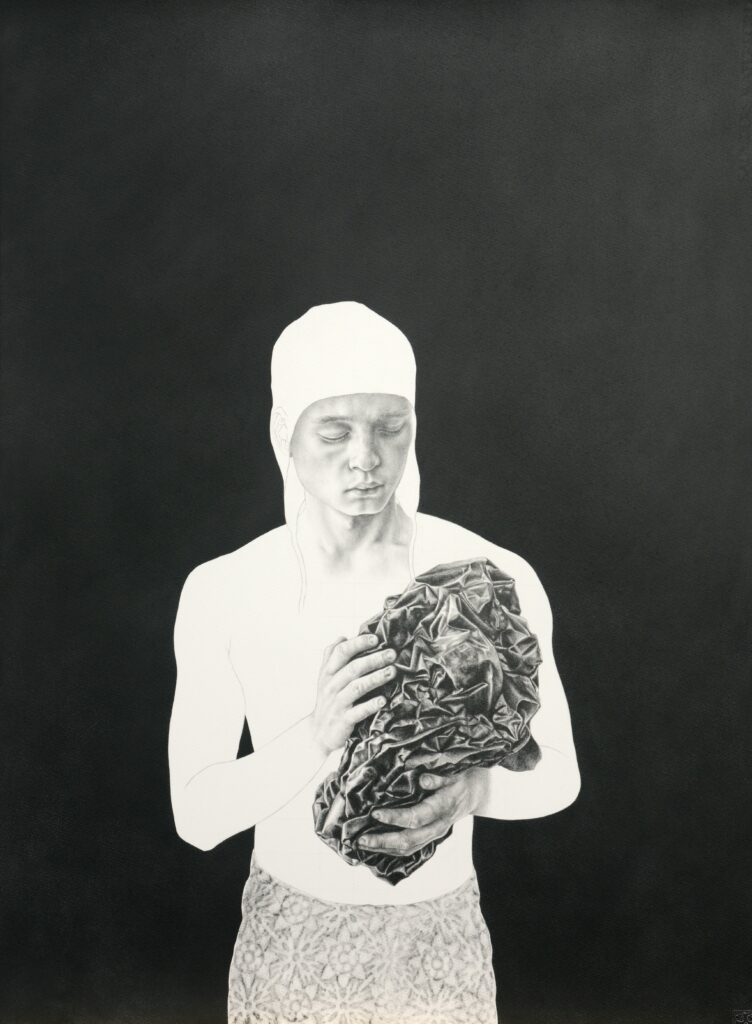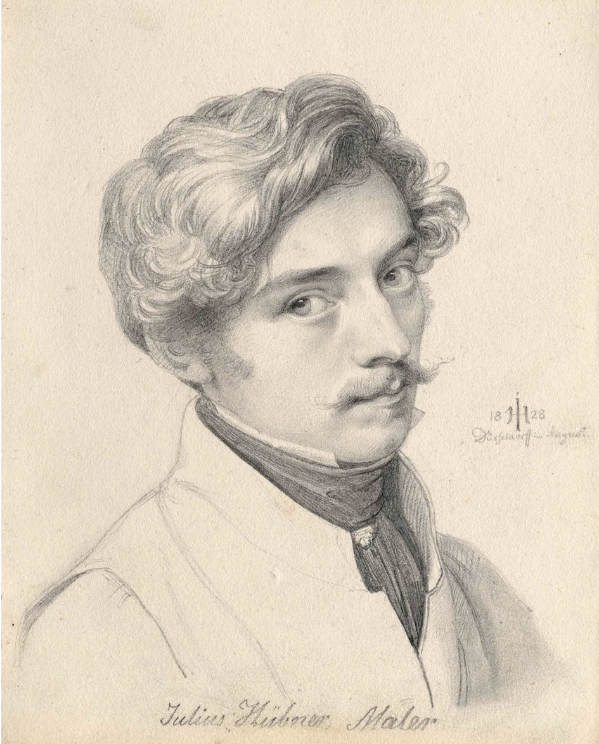From the sixteenth century to the present, drawing the human body from life has remained a mainstay of Western institutional art practice. Despite significant shifts in the aesthetics, media, and purpose of art over the last five hundred years, life drawing endures in both the studio and the classroom.
Please join us for two virtual panels that delve into the ethics and limits of life drawing: Life Drawing After Death and Life Model as Laborer and Artist. These panels initiate a discussion that will continue at an in-person symposium on Thursday, June 20 at The Courtauld Institute, Pose, Power, Practice: New Perspectives on Life Drawing.
Pose, Power, Practice reassess the state of the field on life drawing and apply new critical frameworks to this sustained practice. It aims to better understand life drawing in all its complexity, from its presumed advantages to its consequences. This is a practice deeply intertwined with concerns central to the discipline of art history, including but not limited to: the power dynamics of the gaze; the politics of representation; recognition of multiple forms of artistic labor; formulations of race, dis/ability, gender, and sexuality; and critiques of institutions. How has life drawing changed across time and place? How and why has it endured as a pedagogical practice, despite repeated dismissals of its “academicism”? What uses does it hold today, for artists and art historians alike?
We invite studies that unearth the specificities of life drawing to interrogate larger questions of ethics, labor, power, and potential in the life studio. Papers might attend to any and all aspects of this practice, from the models who pose, to the materials used, to the dynamics of the environments—formal and informal—in which life drawing takes place. We welcome papers that consider artistic engagements with drawing the human figure from life across all regions and periods, historical and contemporary.
This symposium aims to bridge connections and bolster dialogue across specialist scholarly communities by centering this shared subject of concern, while also inspiring broader understandings of what constitutes expertise in this field. We therefore encourage applications from all scholars and practitioners of life drawing, including students, artists, and models, in the UK and abroad. In addition to 20-minute conference papers, we welcome creative or collaborative submissions.
The programme will be recorded and subsequently shared on the Courtauld’s YouTube channel.
Organized by Zoë Dostal (Kress Fellow, The Courtauld) and Isabel Bird (PhD candidate, Harvard University).
Image: Charles Joseph Natoire (1700-1777), The Life Class at the French Royal Academy of Painting and Sculpture, 1746. The Courtauld, London (Samuel Courtauld Trust) © The Courtauld


